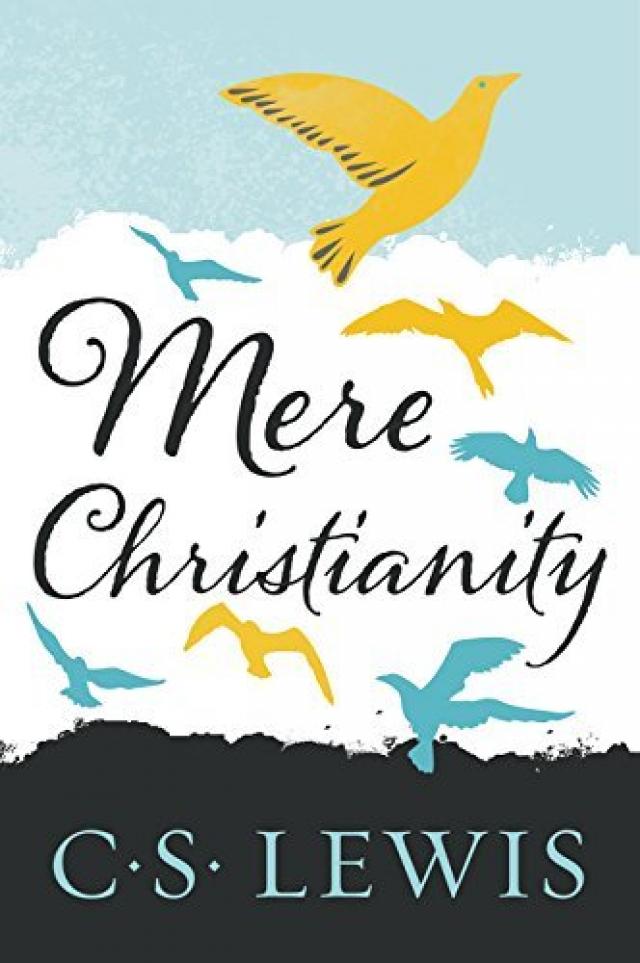
Tribalįactions, debate over how Christians are to relate and try to transform the However, defining “us” is not easy these days. His arguments and assertions of biblical truth do Lewis, Kilby said, is an ally to Christiansīecause he is a Christian. Lewis as an ally for the ordinary Christian, but not just because of Lewis’sĪbility to write with clarity. The producers thought he would speak toĬlyde Kilby, American preserver of Lewis’s legacy, also saw Though he had them, but because he was an Anglican layman who converted toĬhristianity as an adult from atheism. Potential German barrage to deliver radio addresses on the topic, “WhatĬhristians Believe.” Lewis was asked not because of his scholarly credentials, He wrote the bookīecause, in part, during those war years, Lewis was invited to leave theĬomforts of his books at Oxford University to travel to London and endure Years before the publication of his book by the same name. Lewis wrote that phrase “mere Christianity” in 1944, eight

Many would see a book published in 1952 as quite old. Modern Christian, perhaps Lewis’s admonishment now applies to his own work-for

While there are many fine reasons to commend the writing of C. Lewis concluded, “The only safety is to have a standard of plain,Ĭentral Christianity (“mere Christianity” as Baxter called it).” A clear foundation from which to build and critique that which appears What exactly was he after in the old books? Steadiness. In a short piece he wrote to introduce Athanasius’s On the Incarnation to a modern audience, he admonished that Christians who only read new books are joining “at eleven o’clock a conversation which began at eight” and “will often not see the real bearing of what is said.” He counseled reading old books to put “the controversies of the moment in their proper perspective.”


 0 kommentar(er)
0 kommentar(er)
